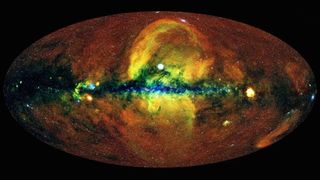Space news, features and articles
Explore Space
Editor's Picks
Latest about Space
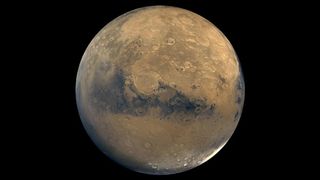
China aims to be 1st to bring samples back from Mars
By Stephanie Pappas published
China's planned mission to bring rock samples to Earth from Mars would beat both NASA and the European Space Agency to the punch.

Cold Moon 2024: Watch the final full moon of the year rise with Jupiter this weekend
By Jamie Carter last updated
The Cold Moon — the 12th and final full moon of 2024 — will rise on Sunday (Dec. 15). It will ascend higher into the night sky than any other full moon this year to sit alongside the planet Jupiter.
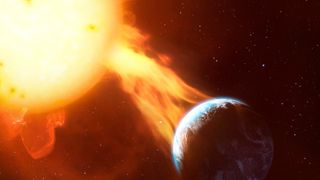
Our sun may be overdue for a 'superflare' stronger than billions of atomic bombs, new research warns
By Ben Turner published
A conceptual image of the sun launching a massive fiery plume toward Earth.
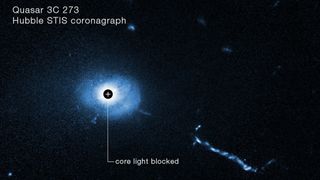
Scientists spot 'L-shaped structures' and 'weird things' near monster black hole in epic new Hubble telescope images
By Joanna Thompson published
New Hubble Space Telescope images of a black hole-powered quasar reveal 'weird' structures and gigantic jets of energy that scientists are just beginning to explain.

Comets played a 'major' role in making life on Earth possible, new study hints
By Deepa Jain published
A reanalysis of the data from the "rubber-ducky" comet 67P, collected nearly a decade ago, suggests comets may have deposited a lot more water on Earth than scientists previously thought.
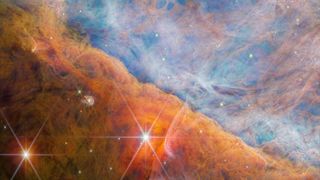
'We know so little': Bizarre 'runaway' planets discovered by James Webb telescope may be failed stars in disguise
By Abha Jain published
A new theory explains how dozens of mysterious planet pairs discovered by the James Webb Space Telescope, dubbed "JuMBOs," may have formed.

Black hole paradox that stumped Stephen Hawking may have a solution, new paper claims
By Paul Sutter published
As black holes slowly vanish through Hawking radiation, their information may be preserved in subtle space-time ripples, a new theory suggests.
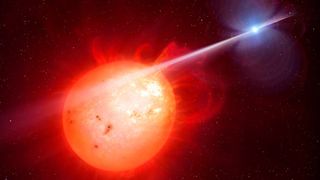
Mysterious, repeating radio bursts from space may finally have an explanation
By Natasha Hurley-Walker published
By searching sparsely populated regions of the galaxy, astronomers have for the first time found the source of a kind of signal that has puzzled them for years.
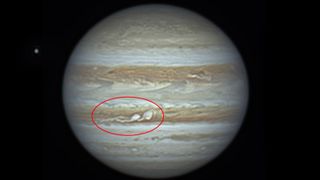
New thunderstorms wider than Earth are spewing out green lightning on Jupiter — and could make one of the gas giant's massive bands disappear
By Harry Baker published
A pair of massive thunderstorms have been spotted swirling in Jupiter's "South Equatorial Belt" and are likely unleashing massive bolts of green lightning. Some experts think the pale clouds could end up altering the rusty band's color — and potentially even making it "disappear."
Sign up for the Live Science daily newsletter now
Get the world’s most fascinating discoveries delivered straight to your inbox.

